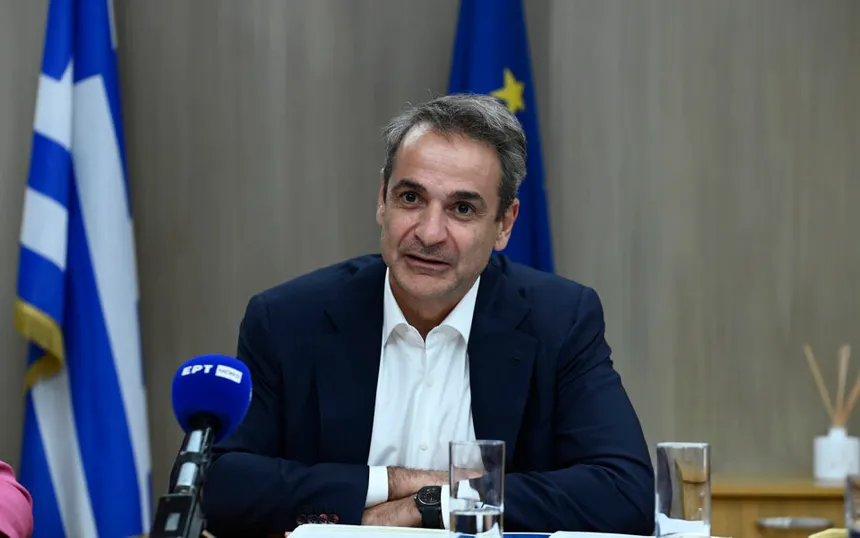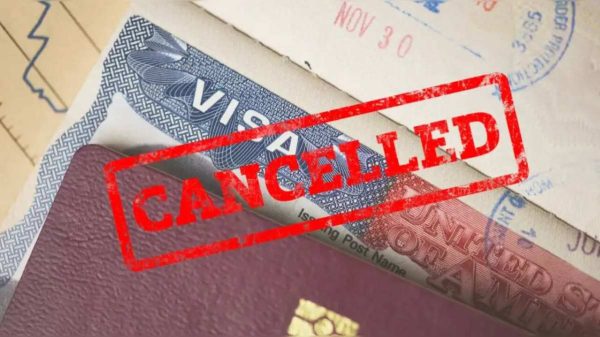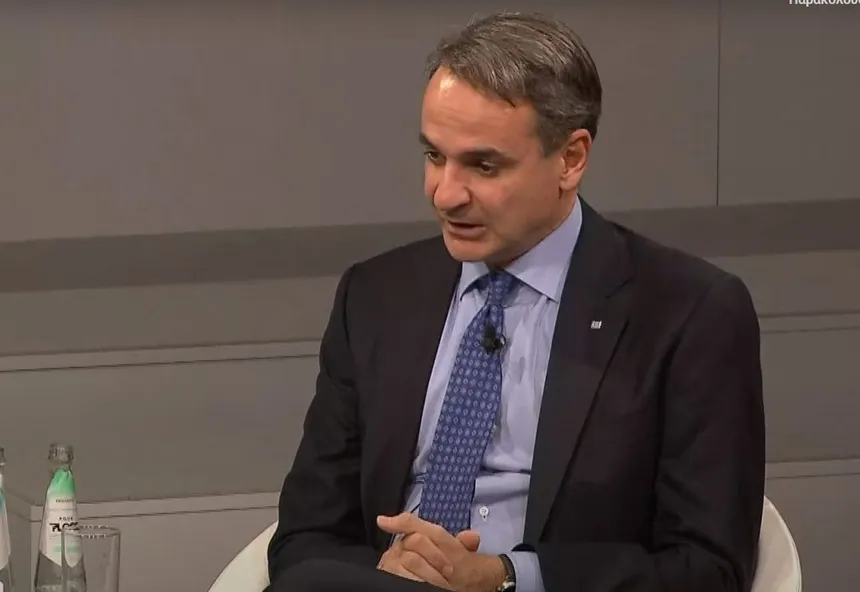Greeks are heading to the polls on Sunday to elect a new leader, marking a significant turning point for the country as it transitions out of the strict control of international bailout lenders. Prime Minister Kyriakos Mitsotakis, a Harvard-educated politician, is seeking a second term after delivering surprise economic growth, a significant drop in unemployment, and a country on the cusp of returning to investment grade on the global bond market.
Ordinary Greeks, however, are struggling to make ends meet, exhausted and plagued by private debt, low wages, and job insecurity. The national debt has ballooned to a staggering 400 billion euros, and household incomes are expected to take another decade to recover. This economic uncertainty has taken its toll on the government’s popularity, with Mitsotakis’s centre-right New Democracy party facing stiff competition from the opposition.
The opposition is led by Alexis Tsipras, a former prime minister and firebrand leader of the left-wing Syriza party, whose campaign has focused heavily on the recent rail disaster that claimed the lives of 57 people, many of them university students. The disaster has dealt a significant blow to the government’s narrative, with an investigation revealing poor staffing and outdated safety infrastructure.
As the country navigates its way out of the economic crisis, the next leader will need to address the pressing issues of debt, poverty, and inequality. The election will also have far-reaching implications for Greece’s international reputation and relationships, as the country tries to rebuild its economic standing and restore trust among its citizens.
The election will feature six political parties, ranging from Nato-sceptic nationalists to the Communist Party, which has been vocal in its admiration for the Soviet Union. The far-right Greeks Party, founded by a jailed former lawmaker with a history of neo-Nazi activity, was banned from participating in the election by the Supreme Court.

PM Mitsotakis (Via PM Mitsotakis/Twitter)
Mitsotakis’s party appears poised for a strong performance, but the economic challenges facing Greece mean that the country’s next leader will need to be proactive in addressing the issues of private debt, low wages, and job insecurity. The investigation into the rail disaster and the murky surveillance scandal have deepened mistrust among political parties, and the European Parliament is investigating the use of spyware on the phones of prominent Greek politicians and journalists.
As the country heads to the polls, Greeks will be looking for a leader who can deliver real change and address the pressing issues facing the country. With more than 9.8 million eligible voters, the outcome of the election will determine Greece’s future direction and will have significant implications for the country’s economy, international reputation, and relationships.
Greeks will be electing 300 lawmakers to serve a four-year term, with many expected to cast their ballots in the morning, when polls open at 7am local time. The Interior Ministry estimates that 80% of the vote will be counted by 10pm, and the country’s next leader will be expected to govern in a context of economic uncertainty and social unrest. The outcome of the election will have far-reaching implications for Greece’s future, and it remains to be seen what kind of leader will emerge to guide the country through these challenging times.











































